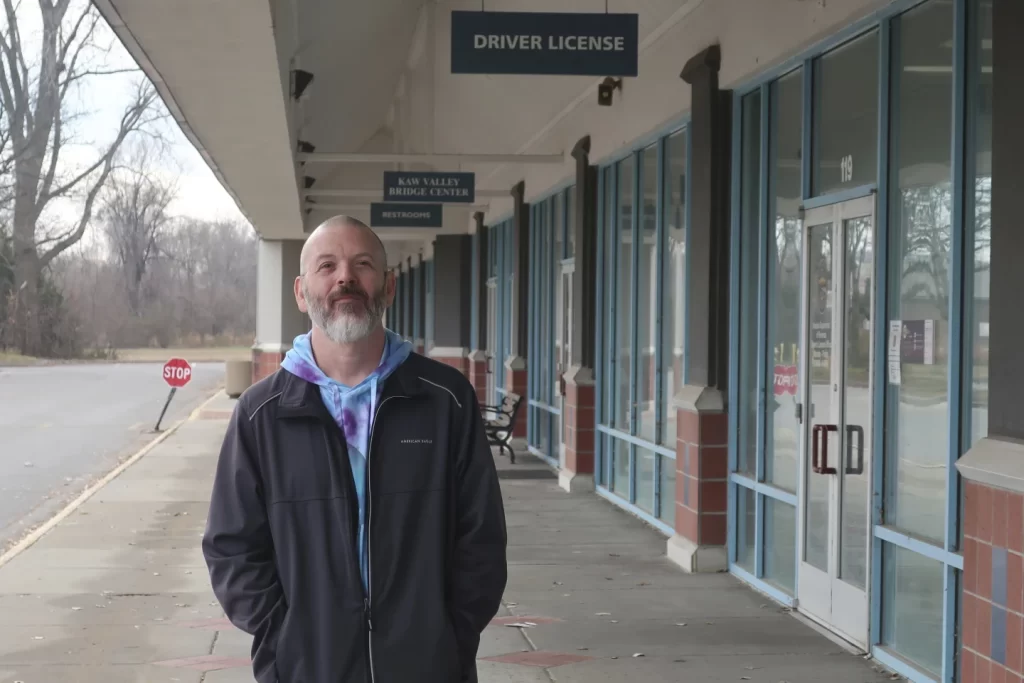
TOPEKA, Kan. — Republicans made claims about illegal voting by noncitizens a centerpiece of their 2024 campaign messaging and plan to push legislation in the new Congress requiring voters to provide proof of U.S. citizenship. Yet there’s one place with a GOP supermajority where linking voting to citizenship appears to be a nonstarter: Kansas.
That’s because the state has been there, done that, and all but a few Republicans would prefer not to go there again. Kansas imposed a proof-of-citizenship requirement over a decade ago that grew into one of the biggest political fiascos in the state in recent memory.
The law, passed by the state Legislature in 2011 and implemented two years later, ended up blocking the voter registrations of more than 31,000 U.S. citizens who were otherwise eligible to vote. That was 12% of everyone seeking to register in Kansas for the first time. Federal courts ultimately declared the law an unconstitutional burden on voting rights, and it hasn’t been enforced since 2018.
Kansas provides a cautionary tale about how pursuing an election concern that in fact is extremely rare risks disenfranchising a far greater number of people who are legally entitled to vote. The state’s top elections official, Secretary of State Scott Schwab, championed the idea as a legislator and now says states and the federal government shouldn’t touch it.
“Kansas did that 10 years ago,” said Schwab, a Republican. “It didn’t work out so well.”
Steven Fish, a 45-year-old warehouse worker in eastern Kansas, said he understands the motivation behind the law. In his thinking, the state was like a store owner who fears getting robbed and installs locks. But in 2014, after the birth of his now 11-year-old son inspired him to be “a little more responsible” and follow politics, he didn’t have an acceptable copy of his birth certificate to get registered to vote in Kansas.
“The locks didn’t work,” said Fish, one of nine Kansas residents who sued the state over the law. “You caught a bunch of people who didn’t do anything wrong.”
A small problem, but wide support for a fix
Kansas’ experience appeared to receive little if any attention outside the state as Republicans elsewhere pursued proof-of-citizenship requirements this year.
Arizona enacted a requirement this year, applying it to voting for state and local elections but not for Congress or president. The Republican-led U.S. House passed a proof-of-citizenship requirement in the summer and plans to bring back similar legislation after the GOP won control of the Senate in November.
In Ohio, the Republican secretary of state revised the form that poll workers use for voter eligibility challenges to require those not born in the U.S. to show naturalization papers to cast a regular ballot. A federal judge declined to block the practice days before the election.
Also, sizable majorities of voters in Iowa, Kentucky, Missouri, Oklahoma, South Carolina and the presidential swing states of North Carolina and Wisconsin were inspired to amend their state constitutions’ provisions on voting even though the changes were only symbolic. Provisions that previously declared that all U.S. citizens could vote now say that only U.S. citizens can vote — a meaningless distinction with no practical effect on who is eligible.
To be clear, voters already must attest to being U.S. citizens when they register to vote and noncitizens can face fines, prison and deportation if they lie and are caught.
“There is nothing unconstitutional about ensuring that only American citizens can vote in American elections,” U.S. Rep. Chip Roy, of Texas, the leading sponsor of the congressional proposal, said in an email statement to The Associated Press.







